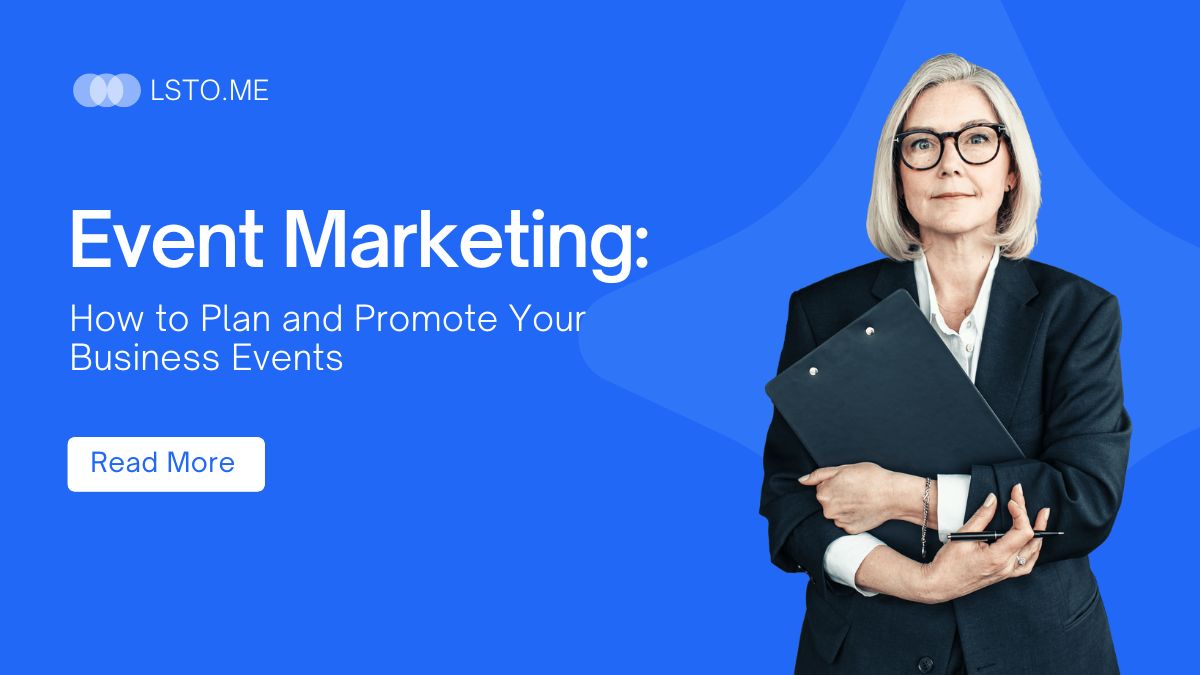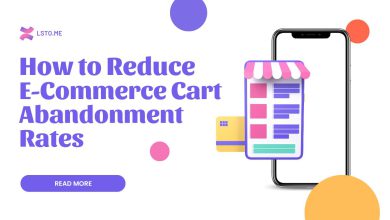
Event marketing is a powerful tool for businesses. It lets them talk directly to their target audience. They can build relationships and create buzz about their brand. Events are product launches, seminars, conferences, or trade shows. They let you create memorable experiences. These experiences can significantly impact your business. But, creating a successful business event needs careful planning. It also needs creativity and careful execution. Here is a comprehensive guide to effectively planning and promoting business events.
1. Define Your Objectives
Before getting into the logistics, it’s critical to define the goals of your event. Ask yourself what you want to achieve. Are you looking to get leads? Or, to raise brand awareness? Maybe, to introduce a new product? Or, to educate your target audience? Clear objectives will guide your planning. They will let you assess the event’s success.
2. Understand Your Target Audience
Knowing your target audience is essential for creating an event that speaks to them. Conduct market research to learn about their preferences, pain points, and interests. This will allow you to tailor the event’s content, format, and how it’s promoted. This will help you attract the right attendees and get them engaged.
3. Set a Budget
Setting a budget early in the planning process is critical. Your budget will affect many parts of the event. These include the location, speakers, marketing, and tech. Make sure to budget for unexpected expenses as well. A well-planned budget ensures that you can provide a high-quality event without overspending.
4. Choose the Right Venue
The venue is very important to the success of your event. Consider things like location, capacity, amenities, and cost. The venue should be easy for your audience to reach. It should have enough facilities for your event’s activities. If you’re hosting a virtual event, use a reputable platform. It should offer interactive features like live chat, Q&A sessions, and polls.
5. Create a Detailed Plan
A full plan outlines all the tasks. They must be done before, during, and after the event. This includes timelines, responsibilities, and deadlines. Use project management tools to track progress. They ensure all on your team is aligned. Key elements of your plan should include:
- Agenda: Develop a detailed agenda that includes all the sessions, speakers, and activities.
- Speakers: Identify and secure speakers who can deliver valuable content to your audience.
- Logistics: Plan the logistics for catering, equipment, transportation, and accommodations if necessary.
- Registration: Set up a registration system that is easy to use and collects the necessary information from attendees.
6. Develop Engaging Content
Your event’s content is at its core. It should be relevant, engaging, and beneficial to your target audience. Consider a combination of presentations, panel discussions, workshops, and networking events. Use videos, infographics, and interactive sessions. They keep attendees interested. Work with your speakers. Make sure that their talks relate to your event’s goals and the audience’s interests.
7. Promote Your Event
Effective promotion is key to attracting attendees. Use a multi-channel approach to reach a wider audience. Here are some strategies to consider:
- Email Marketing: Send personalized invitations and reminders to your email list. Segment your list to target specific groups with tailored messages.
- Social Media: Leverage social media platforms to create buzz around your event. Use event-specific hashtags, share behind-the-scenes content, and run paid ads to increase visibility.
- Content Marketing: Create blog posts, videos, and infographics related to your event’s theme. Share this content on your website and social media to generate interest.
- Partnerships: Partner with influencers, industry organizations, and media outlets to promote your event. They can help you reach a broader audience and lend credibility to your event.
- Public Relations: Write press releases and reach out to industry publications to get media coverage for your event.
8. Engage Attendees Before the Event
Building excitement prior to the event can boost attendance and engagement. Use social media and email marketing. Use them to share teasers, speaker announcements, and agenda previews. Encourage attendees to join pre-event discussions and polls. A networking platform before the event can help attendees connect. It can also help them look forward to it.
9. Execute Flawlessly on Event Day
On the day of the event, make sure everything runs smoothly by sticking to your detailed plan. Organize a team to handle different parts of the event. This includes registration, tech support, and helping attendees. Prepare to deal with any unexpected issues quickly and efficiently. Keep high energy. Engage attendees with interactive sessions and real-time feedback.
10. Follow Up After the Event
The event does not end when the final session is completed. Follow up with attendees to thank them for their participation and collect feedback. Send out post-event surveys to determine what went well and what could be improved. Share the event highlights, recordings, and key takeaways with your audience. This keeps the conversation going and highlights the importance of your event.
11. Measure Success
Assess the success of your event by comparing it to your predetermined objectives. Consider metrics. These include attendance rates, engagement levels, lead generation, and social media activity. Analyze the attendees’ feedback to identify areas for improvement. Use these insights to plan future events and fine-tune your event marketing strategies.
12. Continuously Improve
Event marketing is an ongoing process. Each event yields valuable information that can be used to improve future events. Continuously gather feedback, stay current on industry trends, and try out new ideas. Building a strong event marketing strategy takes time. But, the benefits are for brand loyalty, lead generation, and industry positioning. They far outweigh the effort.
Conclusion
Planning and promoting a business event requires a strategic approach and meticulous execution. You can create an event that helps both your company and attendees. Do this by setting your goals. Know your audience. Make a budget. Pick the right venue. And promote it well. Remember to engage attendees before, during, and after the event. Always look for ways to improve your strategy. Careful planning and creative promotion can make your business events effective. They are tools for growth and engagement.




